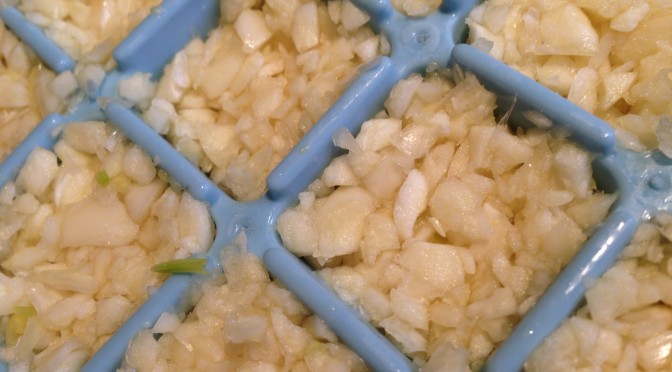Lots of teachers here at #rED14 on a Saturday, having paid own money for a ticket. Pretty good place to poach teachers for your school…
— Alom Shaha (@alomshaha) September 6, 2014
I tweeted this from the ResearchEd 2014 conference last Saturday, and I meant it*. The conference was packed with the kind of dedicated, thoughtful, intellectual, passionate teachers that any school ought to kill for, to have on their staff. We rarely hear of teachers being poached from schools. I don’t understand this. If I was a head teacher, and I needed a new science teacher, I’d hunt down someone like Tom Sherrington and make him an offer he couldn’t refuse…
Tom was just one of the amazing teachers I met on Saturday. I’ve just read his book, and, as I have written in my review of the book over at the amazon site, I found myself envying his colleagues and students. I have to confess though, if I was a headteacher putting together my “Dream School”, Tom would have to be second-in-charge of science – I’d want Mary Whitehouse as my head of department and hope that Alby Reid, Ian Horsewell, Alex Weatherall and Joe Wright would all fall in line under her leadership.
I’d hire Tom Bennett to remind us science teachers that science isn’t the only way of making sense of the world, and put him in charge of the school’s behaviour policy. Then I’d leave Tom, who’s also the brains behind the ResearchED movement, to do the rest of the recruitment while I sat in my office twiddling my thumbs – that’s what head teachers do, isn’t it? 😉
*I appreciate that there might be ethical issues around poaching staff from other schools. It is highly unlikely that I will ever be in a position to hire teachers, let alone poach them from other schools. I wrote this blog post instead of doing a bunch of #FF tweets this morning.





